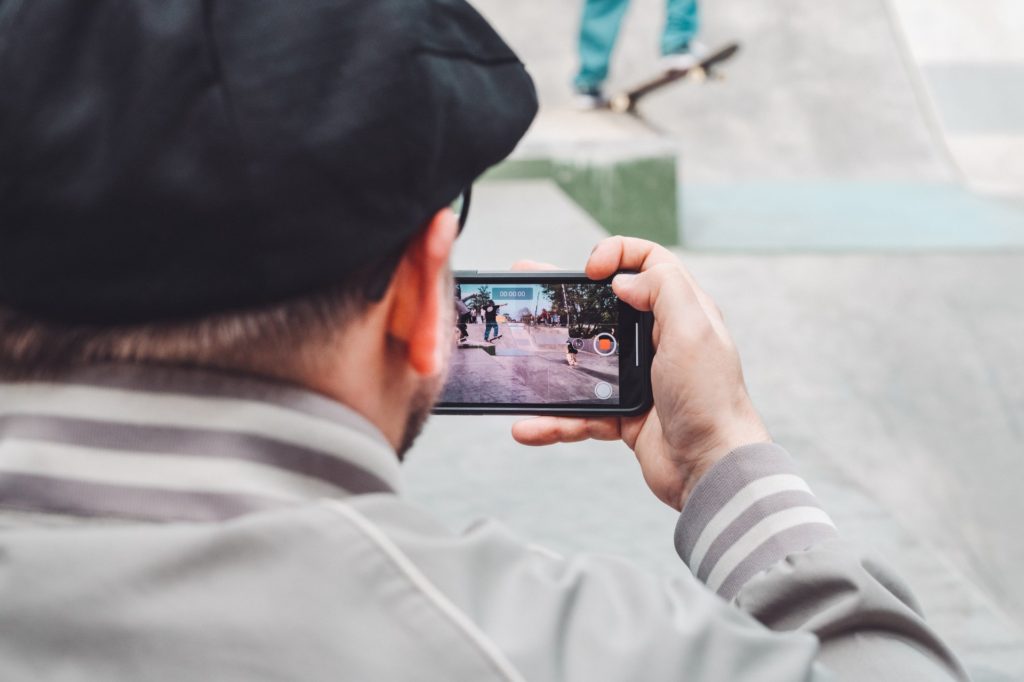Privacy Laws and Cell Phones as Evidence


Cell phones have become so commonplace that it is hard to go anywhere without someone taking a photo, making a call, or recording a video. While most of the content on a phone may seem mundane, it can also be extremely relevant during a criminal trial. It is extremely normal for witnesses to pull out a cell phone and start recording an alleged crime or arrest. However, this footage does come against certain California laws regarding privacy, including eavesdropping laws, that could influence how effective it is in the courtroom.
The Pros and Cons of Cell Phone Footage
Cell phone footage is a double-edged sword. On one hand, a witness may have recorded a police officer committing misconduct during your arrest, potentially allowing you to escape judgment from the court. However, cell phone footage can also be damaging. It can detail how a defendant was using drugs at a party, capture a defendant admitting to committing a crime, or demonstrate how a driver was driving recklessly. It is also very easy for this footage to get upload online and, at that point, next to impossible for anyone to have it removed. Even if you are not convicted of a crime, that footage could severely impact your social and professional life.
But when it is utilized in a courtroom, you need to understand that it can cut both ways. Cell phone footage may lead to you being found not guilty on multiple charges or it can secure a conviction for the prosecution. In both situations, it is important to understand when courtrooms will accept it as evidence and when they will find it inadmissible.
The Relevance of Video Evidence
Video evidence gets into murky territory when California’s eavesdropping laws come into play. Under California Penal Code 630 – 635.55 PC, it is considered a violation of privacy if you record confidential information provided by one or more individuals without their consent. This crime is traditionally a misdemeanor but can evolve into a wobbler if this is a repeat offense. That being said, there are limitations to this law.
For example, if the individual being recorded was out in the public, then the information being provided is not considered confidential. The law specifically outlines public forums, but it can also extend to where an individual can expect to be heard or recorded. This law also does not apply to law enforcement officers who are wearing body cameras.
In addition, if the individual recording the video believes that a crime is occurring, such as sexual assault, acts of violence, or bribery, then this law does not apply, and they are allowed to record evidence. It also allows exceptions for victims of domestic violence who are recording his or her perpetrator. This can apply to cell phone footage as well as other recording devices such as nanny cams or home security systems.
Footage that would not be considered admissible in court includes secret recordings within an individual’s home. If someone recording you having a private conversation with another individual, that evidence could be dismissed for violating California’s privacy laws.
Speak to an Attorney About Your Case
The context of all footage in a court case will also be relevant. How was the footage acquired? Who owns the footage? Is it relevant to the case?
All of this will depend on the nature of your case and how the evidence is presented. You may not fully understand the impact, or lack of impact, of cell phone footage until you speak to an attorney. That is why, if you or someone you love is facing criminal charges, then you should reach out to a San Diego criminal defense attorney at jD LAW. Our lead attorney has more than 30 years of legal experience and is a former LAPD investigator. He can explain to you your rights after an arrest and how to fight back against the charges leveled against you. To schedule a free consultation, call our office at (760) 630-2000.
Don’t Waste Any Time!
Call us today for a FREE Consultation
(760) 630-2000


- Criminal Law Expert - Led by a Board Certified Criminal Law Specialist. Read More
- 100s of Cases Tried - Since 1990, James Dicks has represented hundreds of clients. Read Bio
- Client Approved - Read our online testimonials from satisfied jD LAW Clients. Yelp Reviews
- May 30, 2024
When Juveniles Are Accused of Violent Crimes - May 20, 2024
What Should You Do During a Traffic Stop? - May 10, 2024
The Legal Concept of ‘Intent’ in Theft Crime …
 RSS
RSS




